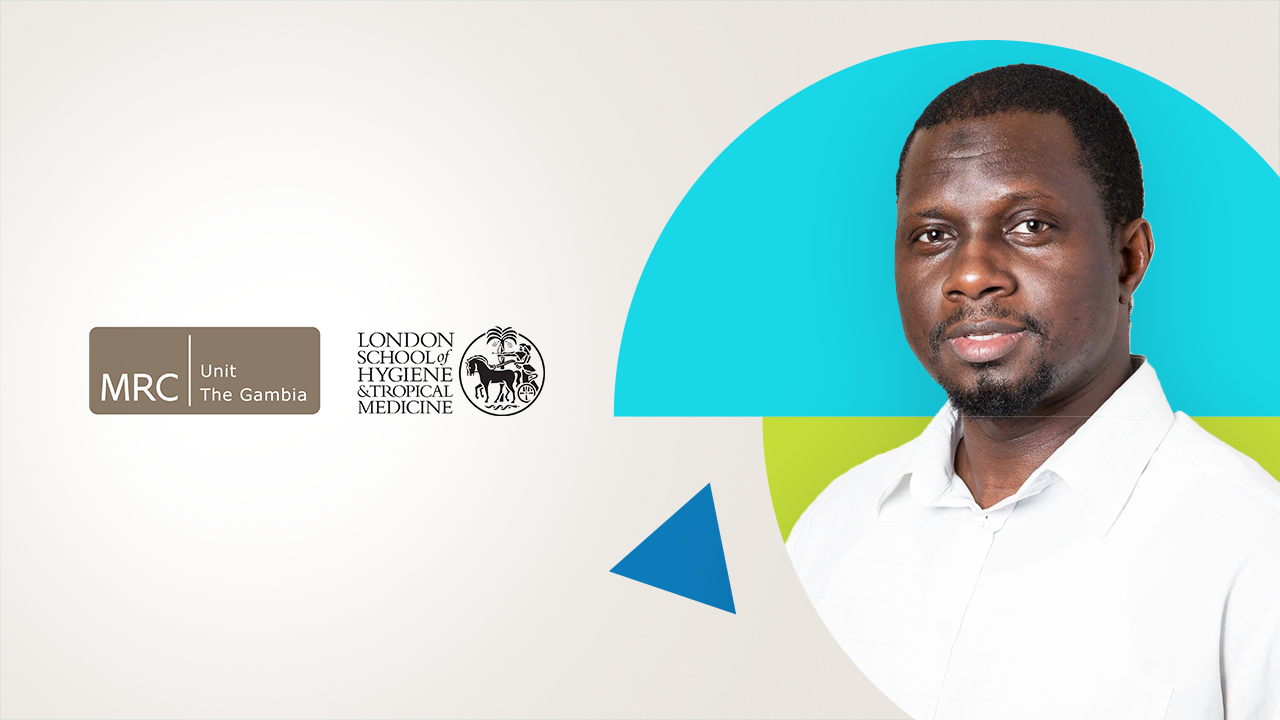Even well before the pandemic started, many teams around the world created remarkable applications of data science to strengthen infectious disease response planning, implementation, and monitoring. Although many applications have been created in the public domain, there is still a long way to go before individual efforts can equitably and meaningfully build on one another’s successes.
Before joining data.org, I worked with UNICEF’s Innovation team. I was hugely inspired by UNICEF’s commitment to identifying and supporting local innovations on a global scale rather than building and exporting solutions from New York, where the Office of Global Innovation was based. Growing up in Egypt and having been part of supporting digital transformation in many countries, I have experienced the unparalleled power of inclusive co-creation. Furthermore, I understand the importance of solutions developed by a community of field and subject matter experts rather than an elite team of technologists trying to innovate and address the problem from a safe distance. These tools must be designed with and not merely for low- and middle-income countries (LMICs) to create an impactful and open ecosystem.
Epiverse, an initiative powered by data.org, aims to bring visibility and resources to the development of open-source and privacy preserving tools in the field of epidemic analysis and response. Achieving high levels of interoperability and adaptability is a common goal shared by researchers, technologists, and responders around the world. Today, the Epiverse community grows stronger by welcoming Dr. Bubacarr Bah as the Head of Data Science for the Medical Research Council Unit The Gambia (MRCG) at the London School of Hygiene & Tropical Medicine (LSHTM).
Dr. Bah will lead the development of epidemiological data science tools for Epiverse. His appointment adds to the growing momentum behind Epiverse, powering the field of epidemiology with interdisciplinary collaboration and global co-creation. LSHTM’s and MRCG’s expertise in epidemiological modeling and open-source software will be integral to Epiverse’s success, and we are thrilled to have their collective creativity and rigor fuel this effort.
Global Collaboration
Dr. Bah, an applied and computational mathematician, joins the MRCG from Stellenbosch University and The African Institute for Mathematical Sciences (AIMS) where he is an Assistant Professor in the Department of Mathematical Sciences and the German Research Chair of Mathematics, respectively. His research in mathematical and computational methods and techniques—including modeling, sampling, and algorithms—for data science problems ranging from biomedical sciences, engineering, and social sciences make him uniquely suited for this role. Dr. Bah brings unparalleled technical expertise and a passion for building data science capacity, bridging the gap between academic research and delivering innovative software solutions.
The MRCG at LSHTM serves as a center of excellence in the West African region and is one of two research units established in sub-Saharan Africa by the Medical Research Council UK. As the council’s single largest medical research investment in LMICs , it’s an ideal partner in the fight for increased accessibility in data analysis. We are delighted to welcome MRCG to a growing group of global centers of excellence convened by Epiverse. The team behind Epiverse is working to bring the current state of epidemiological data analysis out of manual spreadsheets and ad hoc code and into scalable, open-source, interoperable systems. Dr. Bah and his dedicated software engineering team in The Gambia will play a key role in both delivering operational excellence and ensuring that the suite of data science tools in development are inclusive and relevant to LMICs. By increasing access to insights and implementation, Epiverse can disrupt the existing power structures that have led to the grave inequities in pandemic response.
Solutions Without Borders
Epiverse centers its mission on the pillars of global co-creation and open technology and data. Whether it is COVID-19 or the next public health crisis, we believe true impact will be enabled by collaborative, cross-boundary solutions built in technologies that can scale. This LSHTM team represents the first of many Epiverse sub-grant awardees across the world, an important node in a global network collaborating on life changing solutions.
Under the leadership of Dr. Bah and together with their colleagues in London, the team at MRCG at LSHTM will grow and engage a dynamic open-source community – ready to develop, apply, and maintain the Epiverse software ecosystem. As we look ahead at this new year—one that is already challenging our pandemic response efforts—we are reminded that questioning norms, establishing capacity, and co-creating with other centers of excellence is how we will improve global infectious disease response. We will continue to prioritize global inclusivity, welcoming different ideas, and approaches from all corners of the world and building engaged communities to drive shared success.
